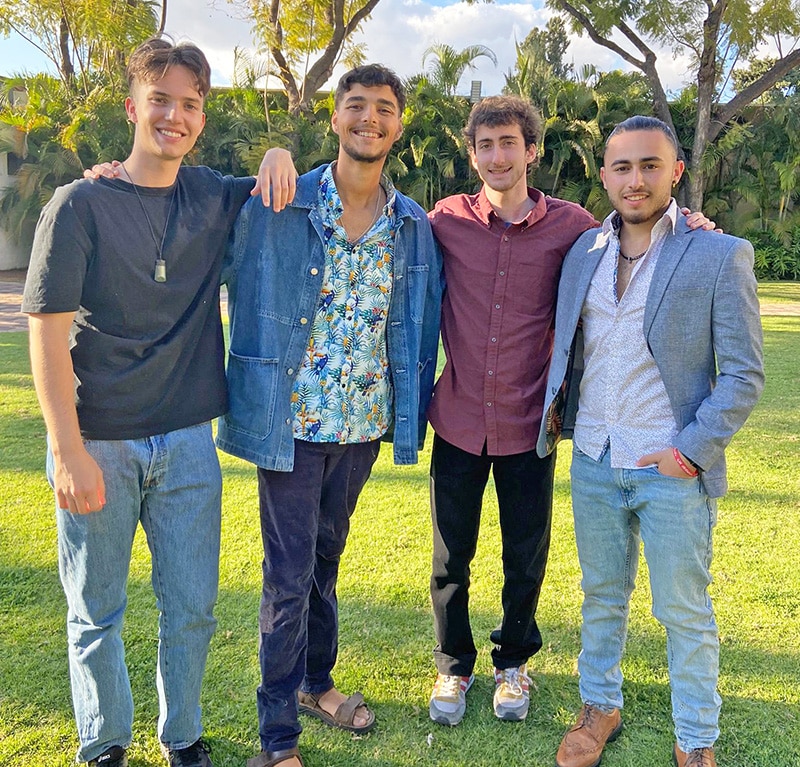The Baal Shem Tov was once traveling with some of his disciples. They decided to stop at an inn for a meal. Immediately upon arrival the students went to inquire about the shochet (ritual slaughterer). They inspected his knife and began questioning him on his knowledge of kashrut and Jewish law. They returned to the Baal Shem Tov to present their concerns and ask his opinion. The Baal Shem Tov sighed, “If only we were as concerned with what came out of our mouths as we are with what goes into our mouths.” The students understood that in their endeavor to be meticulous with kashrut they may have been harsh or insensitive toward the shochet.
This week’s Torah portion of Shemini deals extensively with the specifications of non-kosher and kosher animals. The Ramban writes, “The birds and many of the land animals forbidden by the Torah are predators, while the permitted animals are not. We are commanded not to eat those animals possessive of a cruel nature, so that we should not absorb these qualities into ourselves.”
The Ramban gives us a taste of the incredible thought behind kashrut. As the old saying goes, “You are what you eat.” If an animal has died a cruel and painful death, we cannot eat that meat as the energy will weigh us down. The crawling creatures of land and sea are prohibited precisely because they are bottom-feeders. Consumption of such lowly creatures is below us.
After concluding the discussion of kosher and non-kosher animals, the Torah states, “You shall sanctify yourselves and be holy because I am holy.” We have incredible potentials. Our souls come from the loftiest of realms. We betray our own stature by living in a manner unbecoming of our nobility. As the Baal Shem Tov illustrates in the story, this extends beyond what we eat. We must always speak and act with sensitivity and intention. May we merit to live up to our lofty potentials of being a holy nation and a light unto the nations.
– Rabbi Liad Braude


















